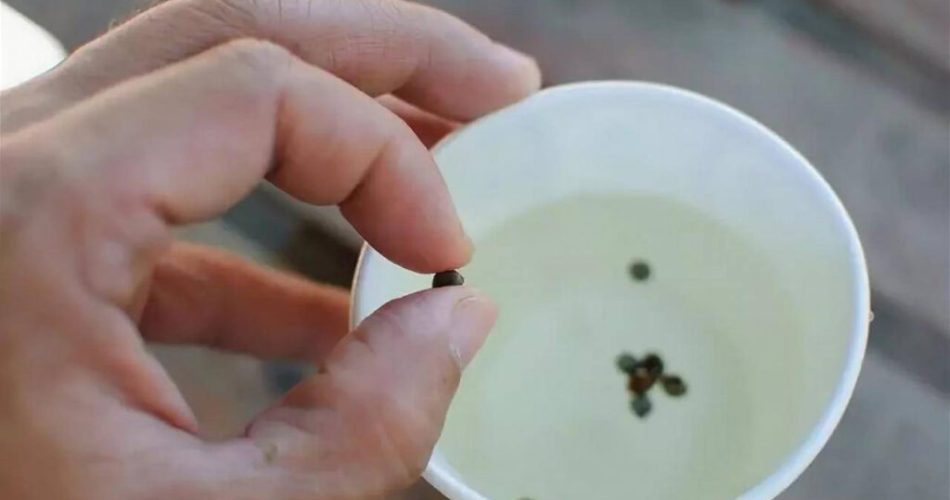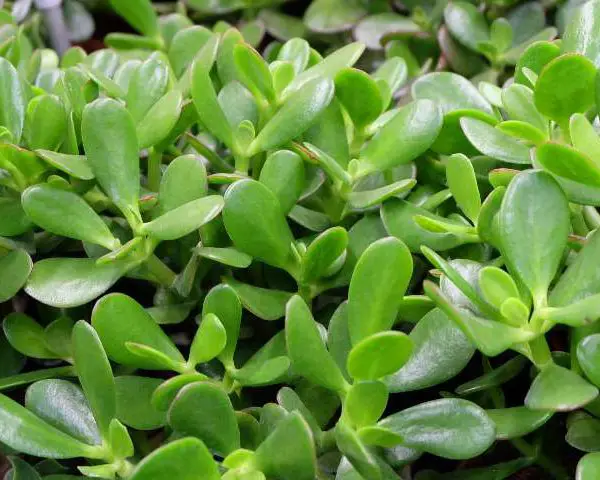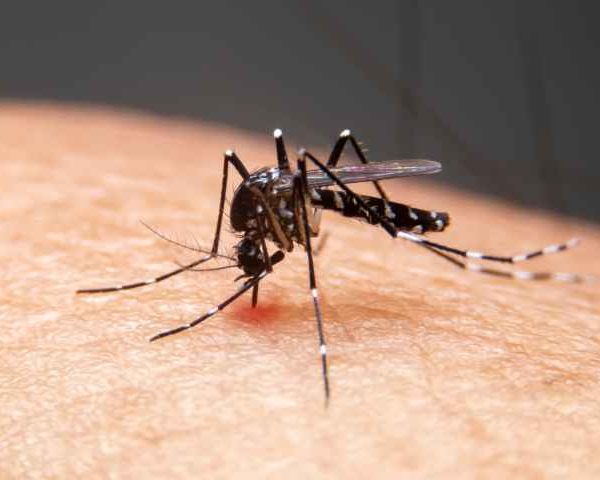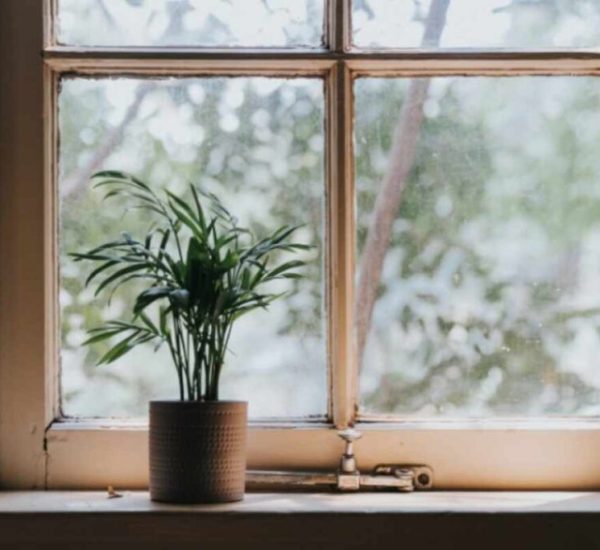Many gardeners soak seeds before planting to enhance germination. However, not all seeds require this treatment. Here’s a breakdown of which seeds benefit from soaking and which don’t:
- Tomato seeds should always be soaked and hardened. To do this, place them in the refrigerator for a day, then keep them at room temperature for the same amount of time. This helps improve germination rates.
- Pepper seeds have a hard shell, which means they can take a long time to germinate. Soaking is necessary to help break down the tough coating and speed up the germination process.
- Dill, carrot, and celery seeds should be immersed in hot water for 20 minutes. After soaking, keep them in a wet napkin for an additional three days before drying and planting. This encourages better sprouting.
- Strawberry seeds should never be soaked. Due to their small size and the delicate nature of the seedlings, soaking can damage or cause them to be lost.
- Beet seeds need to be germinated if planted late, but for spring sowing, they can be planted dry. This also applies to beans, peas, and lentils.
- For squash, cucumber, squash, and pumpkin seeds, soaking the seeds helps to improve germination rates and should be done for best results.
- Rutabaga, cabbage, and lettuce seeds do not require soaking before planting. They can be directly sown into the soil.
By understanding which seeds benefit from soaking, you can tailor your planting process for better growth and yields.
Show Comments



